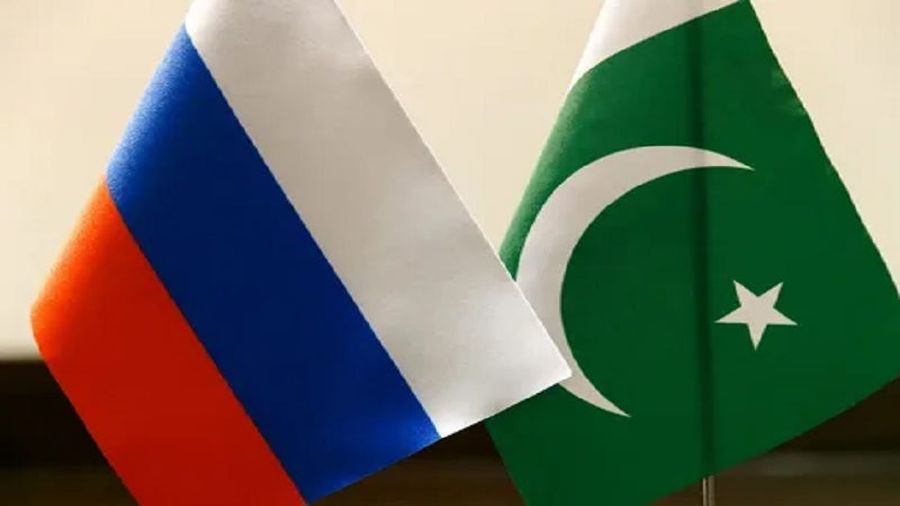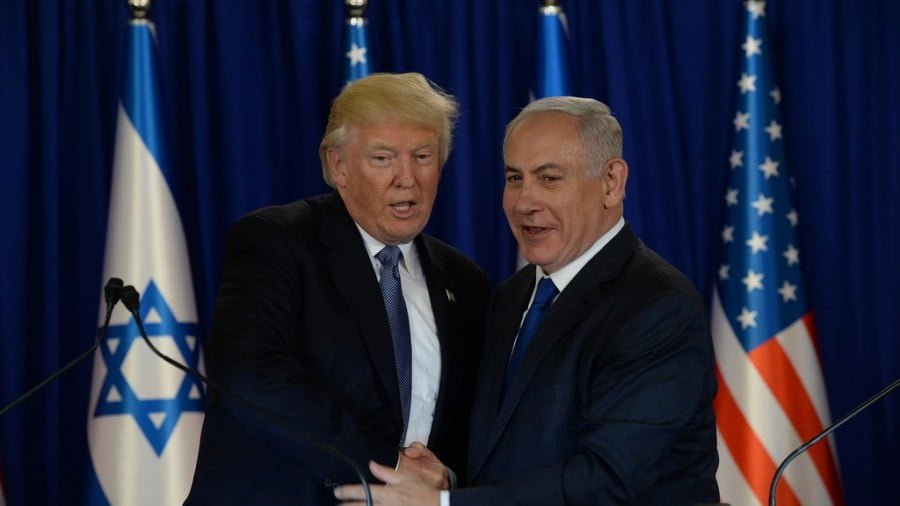The Newly Appointed Pakistani Ambassador to Russia Will Have His Work Cut Out for Him
Bilateral ties are presently beleaguered by three challenges: 1) alleged Pakistani arms shipments to Kiev; 2) a continued pricing dispute that could capsize their planned strategic energy deal; and 3) PAKAFUZ’s loss of appeal, all of which are directly derived from April 2022’s post-modern coup against former Prime Minister Imran Khan.
Pakistani media reported that Ambassador to Czechia Muhammad Khalid Jamali has been appointed to replace outgoing Ambassador to Russia Shafqat Ali Khan after the latter completed his three-year tenure earlier this year. Ambassador Jamali will have his work cut out for him, however, since bilateral ties are presently beleaguered by three challenges: 1) alleged Pakistani arms shipments to Kiev; 2) a continued pricing dispute that could capsize their planned strategic energy deal; and 3) PAKAFUZ’s loss of appeal.
In the order that they were presented, it was widely suspected that Ukrainian Foreign Minister Dmitry Kuleba’s trip to Islamabad last week right after the NATO Summit was intended to clinch another arms deal to keep Kiev fighting till fall since its Western patrons’ stockpiles have already been largely depleted. His visit was all the more scandalous after Russian journalist Ruslan Bekniyazov from publicly financed TASS was expelled minutes before a press briefing despite previously being approved to attend.
The second challenge is once again in the news after Pakistani media reported this week that Russia is becoming unhappy with their country’s delay in setting up a special purpose vehicle (SPV) to handle energy payments and shipments. This should have been done long ago if Islamabad was truly serious about having Moscow supply up to one-third of its oil needs. It’s also concerning that they’ve yet to agree on pricing, which likely contributed to the aforesaid delay and risks catalyzing a cycle of disputes.
As for the last issue that Ambassador Jamali will likely have to deal with, the previously promising plans for a Pakistan-Afghan-Uzbekistan railway that could extend all the way to Russia are no longer as alluring for the last-mentioned as before. The past seventeen months saw the revival of the North-South Transport Corridor (NSTC) alongside PAKAFUZ becoming dependent on troubled Pakistani-Taliban ties, both of which greatly reduce this project’s appeal and thus Pakistan’s role in Russian geostrategy.
These three challenges to Russian-Pakistani relations are directly derived from April 2022’s post-modern coup against former Prime Minister Imran Khan. His removal from office opened the door for Pakistan’s Western-pivoting government to indirectly arm Kiev as a quid pro quo for improving ties with the US as well as attempting to secure its support for an IMF bailout after its economy crashed right afterwards. Despite this double-dealing, Russia remained interested in apolitical energy cooperation with Pakistan.
Instead of building upon the progress that the former premier made in bringing those two to the brink of a game-changing agreement, his replacements dillydallied on this deal under American pressure until their patron finally approved them advancing talks out of desperation to cut fuel import costs. Negotiations thus resumed late last year, with Russia assuming that Pakistan was participating in good faith, though that perception is now questionable considering Islamabad’s SPV delay and pricing dispute.
Russia has thus far continued these talks because it believes that energy cooperation with Pakistan can stabilize South Asia, the Kremlin envisages this region playing a leading role in its energy strategy, and a successful deal is expected to set the economic basis for more trade via PAKAFUZ. These three motives are less relevant nowadays after PAKAFUZ lost its former appeal, India’s growing Russian oil consumption more than compensates for any scuttled deal with Islamabad, and the IMF deal helped stabilize Pakistan.
Accordingly, it can no longer be taken for granted that Russia will continue wasting its negotiators’ time in seemingly endless talks with Pakistan at the expense of them pursuing more promising opportunities with other potential partners, which is why Islamabad should soon decide what it wants to do. In the event that no breakthrough on the SPV and pricing issues is achieved, then both parties might quietly disengage from these discussions, though Moscow will likely feel sour afterwards and won’t forget this.
It’s within this difficult context that Ambassador Jamali will arrive in Moscow. Hopefully a strategic energy deal is agreed to right before or shortly after he assumes office, which would help retain Pakistan’s role in Russia’s geostrategy, otherwise the failure of these talks could risk reversing a lot of the progress that was made in improving their relations over the past decade. Even in the best-case scenario, however, he’ll still have his work cut out for him since Russia no longer trusts Pakistan as much as before.







